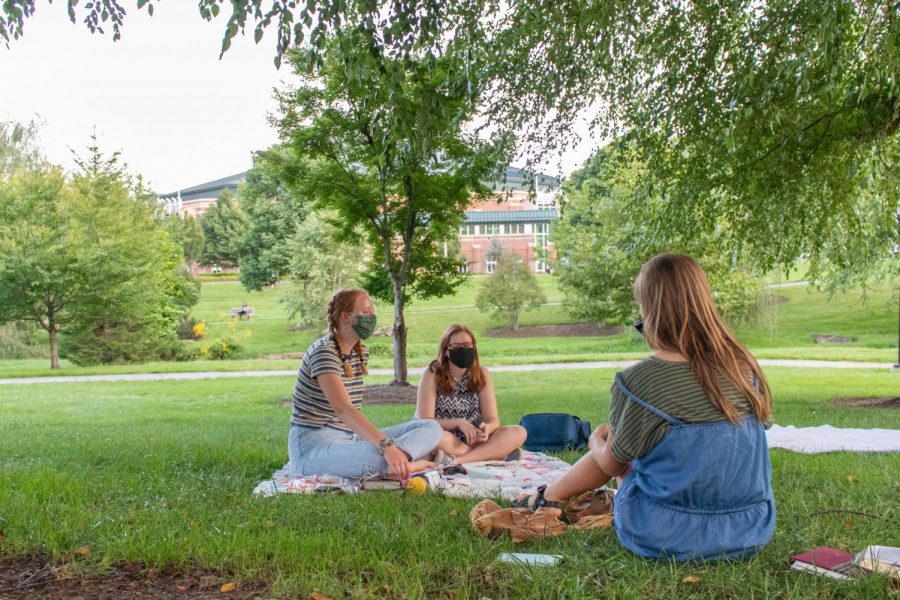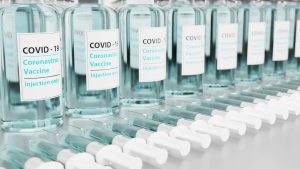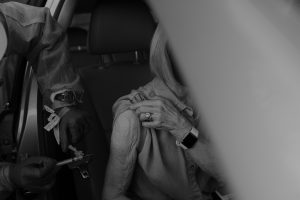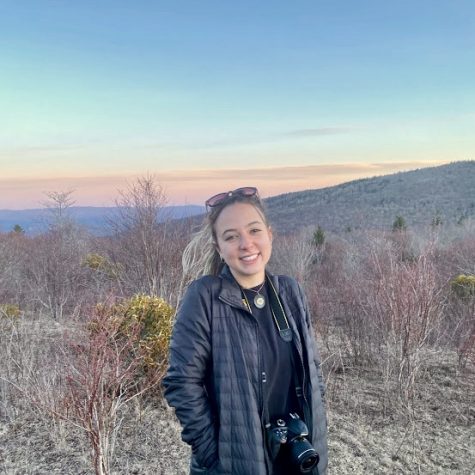App State students prepare for in-person spring semester
January 7, 2022
Classes for the spring 2022 semester will remain in-person, according to an update from Chancellor Sheri Everts Jan. 3.
“As we begin to resume operations for the Spring 2022 semester, we are closely watching the emergence and progression of the virus variants that cause COVID-19,” Everts wrote.
According to the North Carolina Department of Health and Human Services, the omicron variant “is expected to cause the greatest surge in COVID-19 infections to date in the coming months.”
The university will continue to require face coverings in all indoor locations on campus, regardless of vaccination status.
“Vaccination and booster shots are still the most important tool to reduce case surges and the CDC indicates they are expected to be effective in preventing severe illness, hospitalizations, and deaths due to infection with the Omicron variant,” Everts wrote.
Students, faculty and staff should submit proof of any boosters or additional vaccination doses by Jan. 10, the first day of classes. Students can upload proof of vaccinations on their MedPortal accounts.
Graduate student Rebecca Fisher-Tringale has asthma and other high-risk factors. She said there should not be any in-person classes this semester.
Fisher-Tringale wrote in a message that with over 1 million positive COVID-19 cases in North Carolina, “I am very sad and concerned to be going back to in-person classes on Monday.”
Fisher-Tringale said remote learning, though difficult, is possible.
Senior chemistry major Christian Hammond said he feels conflicted about classes remaining in-person due to fears of high COVID-19 cases, as well as the difficult transition from in-person to online classes throughout the pandemic.
“I definitely prefer in-person,” Hammond said. “It’s a lot easier for me to stay engaged. Because I have ADHD, it’s really helpful to stay in a routine, and I find that a lot easier to maintain when we’re doing in-person classes than if it’s online.”
Hammond said online classes are necessary to keep people safe.
“But at the same time, I say that with a little bit of a heavier conscience knowing that the consequences of having to go online are that my academics are going to suffer and that I’m going to be drained,” Hammond said.
Hammond said he is willing to do whatever is necessary to keep people safe.
“I have a strong preference for in-person,” said George Hotelling, a junior chemistry and environmental science double major. “I can appreciate the benefits of online school. I really don’t think they’re conducive for a good learning environment. Definitely not for me.”
Hotelling said that it has been difficult to make strong personal connections with professors online, and networking has taken a hit because of online classes.
“Being vaccinated, having boosters, having masks, I feel like at this point in our situation now, and with the hospitalization rate declining and death and hospitalization being preventable in my opinion … it’s well worth the pros of being in-person,” Hotelling said.
Everts’ update also included a link to updated Centers for Disease Control isolation and quarantine guidelines. People who have tested positive for COVID-19 should isolate themselves for five days, and wear a mask for the next five days if asymptomatic.
Unvaccinated people exposed to COVID-19 should quarantine for five days, followed by wearing a mask for five days. Anyone exposed to COVID-19 with their booster shot does not need to quarantine but should wear a mask for 10 days. Anyone exposed should take a COVID-19 test five days after the exposure.
“Our students, faculty and staff have proven time and again that we are a caring community that follows COVID safety protocols,” Everts wrote. “Thank you for your diligence, and particularly, for getting vaccinated and boosted.”
Additional information about COVID-19 can be found on the CDC website.















MuChao • Jan 8, 2022 at 6:40 am
This is straight-up criminal. There’s really no other way to parse Sheri’s grotesque handling of this situation and repeated refusal to actual ENGAGE with her employees. All she ever does is send out her commands, via email no less, safe from either her mansion or her secured (closed to the public) 4th floor office. It’s sad. It’s pathetic. It’s toxic. It’s the new face of Appalachian.
Sheri is showing absolutely *zero* concern for faculty, staff, students, and the Boone/Watauga community in general. There is no concern given to how this is going to impact the hundreds of young children of faculty and staff members who are not able to be vaccinated, as their parents now become potential carriers.
Sheri is demanding that folks return to in-person, jam-packed classrooms (in dilapidated, outdated, falling apart classrooms, btw) right in the midst of exponential growth in cases and hospitalizations. In terms of spread, we are presently at the worst possible point in this entire going on 2-year ordeal, yet all Sheri can think about is saving her own career. I.e. she’s too much of a coward to do the right thing, like so many other Chancellors at UNC-system schools already have, because she’s afraid of upsetting the BOT/BOG. It’s beyond pathetic. It’s criminal.
All I can hope is that faculty, staff, and students take it upon THEMSELVES to do the right thing here. Clearly there is no one in the Upper Admin that cares about the health, well being, and safety of the thousands of folks that work and learn at this university. If Sheri not going to actually be a leader, but just another sad, pathetic little sycophant out for her own best interests, then the rest of the Appalachian community needs to step up and act.
Remember: These decisions don’t just impact those on campus, in impacts the ENTIRE Boone and Watauga community.